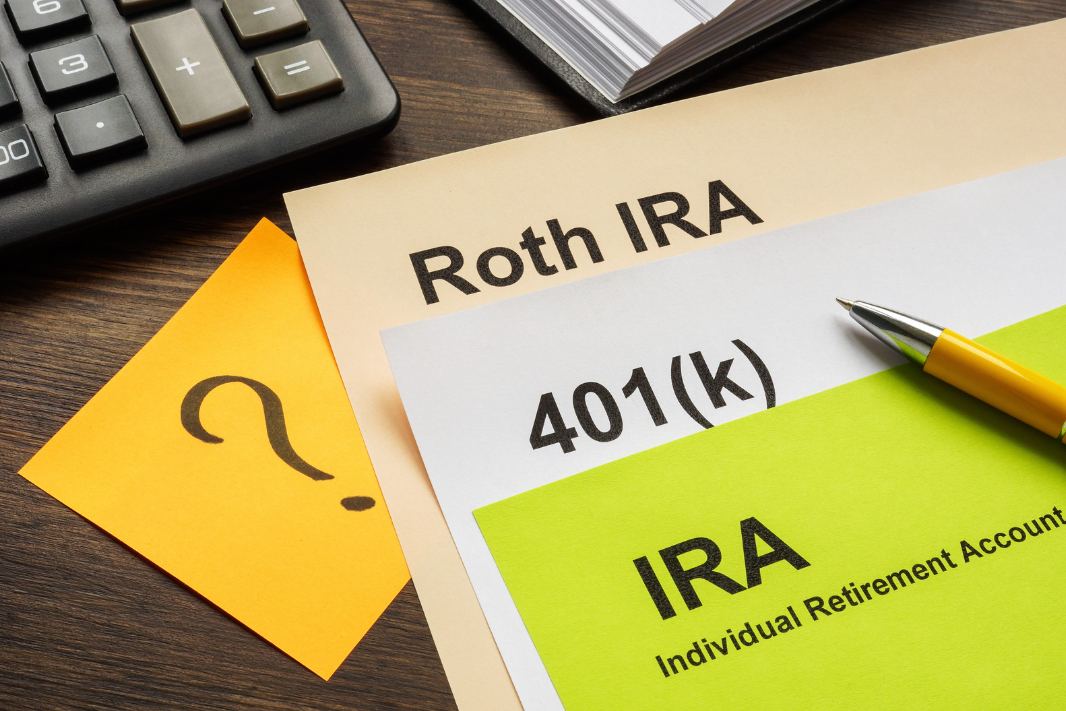Secure Your Future: Tips for Building Wealth for Retirement
As retirement approaches, it's important to start thinking about building wealth to ensure a comfortable and secure future. Planning ahead and making smart financial decisions now can make all the difference when it comes time to retire. In this blog post, we will explore some tips and strategies for building wealth for retirement that are tailored specifically for pre-retirees. Whether you're just starting to think about retirement or you're getting closer to your golden years, these tips can help set you on the right path towards financial security in retirement.
The first step in building wealth for retirement is saving consistently and early. The power of compound interest cannot be overstated, so the sooner you start saving, the better off you'll be in the long run. Make sure to take advantage of employer-sponsored retirement plans like 401(k)s or IRAs, as they often come with matching contributions that can help boost your savings even further. Additionally, consider setting up automatic transfers from your paycheck into a dedicated retirement savings account to ensure that you're consistently putting money away for the future.
Another key aspect of building wealth for retirement is investing wisely. While saving is important, investing allows your money to grow over time and potentially outpace inflation. Consider working with a financial advisor to create a diversified investment portfolio that aligns with your risk tolerance and long-term financial goals. Keep in mind that investments carry inherent risks, so it's important to do your research and seek professional guidance before making any investment decisions.
In addition to saving and investing, it's crucial to manage debt effectively when planning for retirement. High-interest debt can eat into your savings and hinder your ability to build wealth over time. Prioritize paying off high-interest debts like credit card balances or personal loans before focusing on other financial goals. By reducing your debt burden, you'll free up more money to save and invest towards your retirement nest egg.
As retirement approaches, consider creating a comprehensive financial plan that outlines your income sources, expenses, assets, and liabilities. A detailed plan can help you track your progress towards retirement goals and make adjustments as needed along the way. Work with a financial planner or advisor to develop a personalized strategy that takes into account factors like inflation, healthcare costs, and desired lifestyle in retirement. Remember that building wealth for retirement is an ongoing process that requires careful planning and discipline
Building wealth for retirement is a journey that requires dedication, discipline, and strategic decision-making. By saving consistently, investing wisely, managing debt effectively, and creating a comprehensive financial plan, pre-retirees can set themselves up for a financially secure future in retirement. Remember that everyone's financial situation is unique, so it's important to tailor these tips to fit your individual needs and circumstances. With careful planning and proactive steps towards building wealth now, you can look forward to enjoying a comfortable and stress-free retirement down the road.
Recent Blog Posts:


Get in touch or visit our office.
Sign up for our newsletter and get instant access to our complimentary retirement guide.
Newsletter
We will get back to you as soon as possible.
Please try again later.
© 2023 CFG RETIREMENT
Investment Advisory Services offered through Assured Retirement Financial Group, Inc DBA CFG Retirement. CFG Retirement is a Registered Investment Advisory firm with the SEC.
Insurance services offered through Assured Retirement Group, Inc DBA CFG Retirement. Assured Retirement Financial Group, Inc. and Assured Retirement Group, Inc. are affiliated companies.
Provided content is for overview and informational purposes only and is not intended and should not be relied upon as individualized tax, legal, fiduciary, or investment advice. By contacting us, downloading booklets, or attending events, you may be offered a meeting to discuss how our insurance and other services can meet your retirement needs. The presenters of this information are not associated with, or endorsed by, the Social Security Administration or any other government agency.



